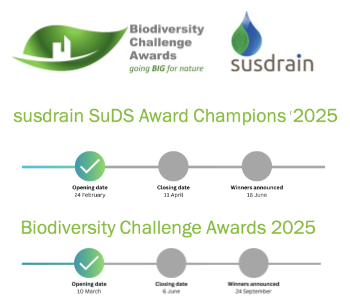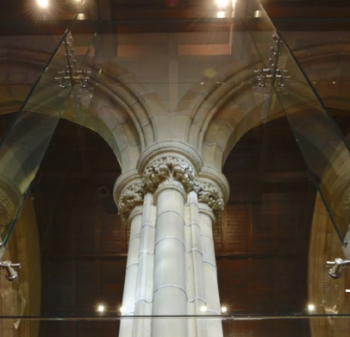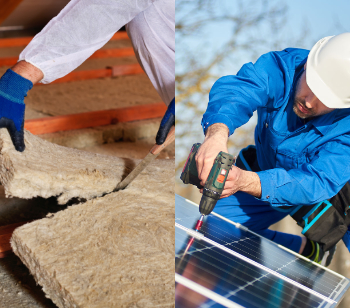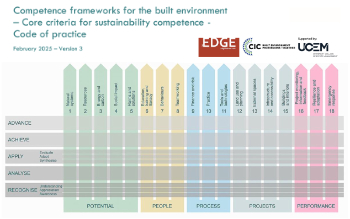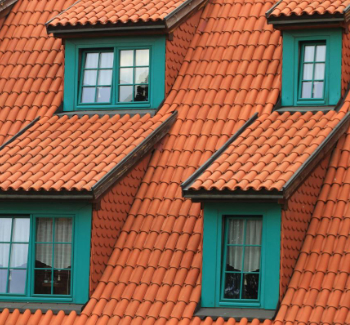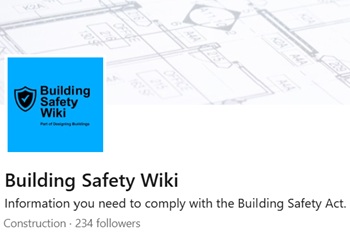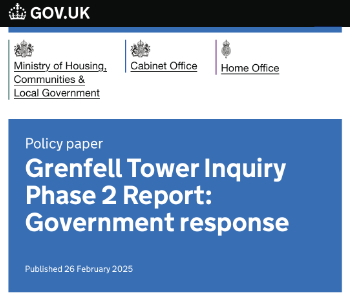The Role of Air Filtration in Swimming Pool Ventilation
Contents |
[edit] Introduction
Maintaining clean and healthy air quality is crucial in swimming pool areas to ensure a pleasant and safe environment for swimmers and spectators alike. One key component of an effective swimming pool ventilation system is air filtration. In this article, we will explore the importance of air filtration in swimming pool ventilation, discuss the types of filters commonly used, highlight their maintenance requirements, and examine the impact of filtration on air quality and respiratory health.
[edit] The Importance of Air Filtration in Swimming Pool Areas
Air filtration plays a vital role in swimming pool ventilation by removing contaminants, such as dust, debris, and airborne microorganisms, from the air. Efficient filtration helps maintain a clean and healthy environment, reducing the risk of respiratory issues, allergies, and unpleasant odours. It also contributes to the overall comfort and enjoyment of swimmers and spectators.
[edit] Types of Filters Used in Swimming Pool Ventilation
There are various types of filters employed in swimming pool ventilation systems, including:
- Mechanical Filters: These filters use a physical barrier, such as a mesh or fiber, to trap larger particles suspended in the air. They are effective in capturing dust, pollen, and larger debris.
- High-Efficiency Particulate Air (HEPA) Filters: HEPA filters are capable of trapping 99.97% of particles as small as 0.3 microns. They are highly efficient in removing fine particles, including allergens, bacteria, and viruses
- Activated Carbon Filters: These filters contain activated carbon, which has the ability to adsorb odors, volatile organic compounds (VOCs), and certain chemicals present in the air. They are particularly effective in reducing unpleasant smells associated with chlorine usage in pools.
[edit] Maintenance Requirements for Air Filters
Regular maintenance is essential to ensure the effectiveness of air filtration in swimming pool areas. Key maintenance requirements include:
- Filter Replacement: Filters should be replaced at regular intervals according to the manufacturer's guidelines. Clogged or dirty filters can impede airflow and reduce filtration efficiency.
- Cleaning: Some filters, such as mechanical filters, can be cleaned and reused. Proper cleaning techniques should be followed to remove accumulated debris and maintain filtration performance.
- Inspections: Regular inspections should be conducted to check for signs of damage or wear and tear in the filter housing and seals. Any issues should be promptly addressed to prevent air leakage.
[edit] Impact of Filtration on Air Quality & Respiratory Health
Effective air filtration significantly improves air quality in swimming pool areas. By removing airborne particles, allergens, and contaminants, filtration helps reduce the risk of respiratory discomfort, asthma symptoms, and respiratory infections among swimmers and spectators. It also contributes to a more pleasant and inviting atmosphere within the pool facility.
[edit] Conclusions
Air filtration is a critical component of swimming pool ventilation systems, ensuring clean and healthy air for swimmers and spectators. By employing the appropriate filters and adhering to regular maintenance practices, swimming pool operators can effectively remove particles, allergens, and odours from the air. This leads to improved air quality, enhanced respiratory health, and a more enjoyable swimming experience for all.
--Building Ventilation Solutions
[edit] Related articles on Designing Buildings
- Air conditioning.
- Building management systems.
- Building services
- Building services engineer.
- Heating, ventilation and air conditioning.
- Heating ventilation and air conditioning HVAC.
- HVACR.
- Mechanical, electrical and plumbing MEP.
- Mechanical ventilation.
- Mechanical ventilation of buildings.
- What's The Difference Between HVAC & A/C?
- The design of swimming pools.
Featured articles and news
Sustainable Urban Drainage and Biodiversity
Awards for champions of these interconnected fields now open.
Microcosm of biodiversity in balconies and containers
How minor design adaptations for considerable biodiversity benefit.
CIOB student competitive construction challenge Ireland
Inspiring a new wave of Irish construction professionals.
Challenges of the net zero transition in Scotland
Skills shortage and ageing workforce hampering Scottish transition to net zero.
Private rental sector, living standards and fuel poverty
Report from the NRH in partnership with Impact on Urban Health.
.Cold chain condensing units market update
Tracking the evolution of commercial refrigeration unit markets.
Attending a conservation training course, personal account
The benefits of further learning for professsionals.
Restoring Alexander Pope's grotto
The only surviving part of his villa in Twickenham.
International Women's Day 8 March, 2025
Accelerating Action for For ALL Women and Girls: Rights. Equality. Empowerment.
Lack of construction careers advice threatens housing targets
CIOB warning on Government plans to accelerate housebuilding and development.
Shelter from the storm in Ukraine
Ukraine’s architects paving the path to recovery.
BSRIA market intelligence division key appointment
Lisa Wiltshire to lead rapidly growing Market Intelligence division.
A blueprint for construction’s sustainability efforts
Practical steps to achieve the United Nations Sustainable Development Goals.
Timber in Construction Roadmap
Ambitious plans from the Government to increase the use of timber in construction.
ECA digital series unveils road to net-zero.
Retrofit and Decarbonisation framework N9 launched
Aligned with LHCPG social value strategy and the Gold Standard.
Competence framework for sustainability
In the built environment launched by CIC and the Edge.
Institute of Roofing members welcomed into CIOB
IoR members transition to CIOB membership based on individual expertise and qualifications.
Join the Building Safety Linkedin group to stay up-to-date and join the debate.
Government responds to the final Grenfell Inquiry report
A with a brief summary with reactions to their response.







